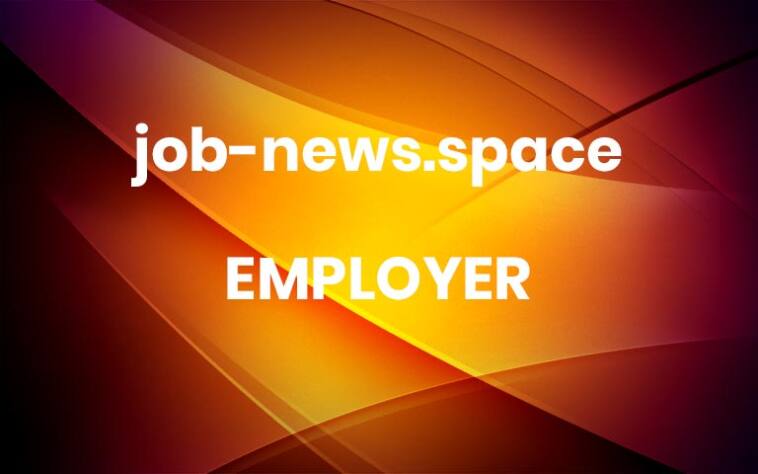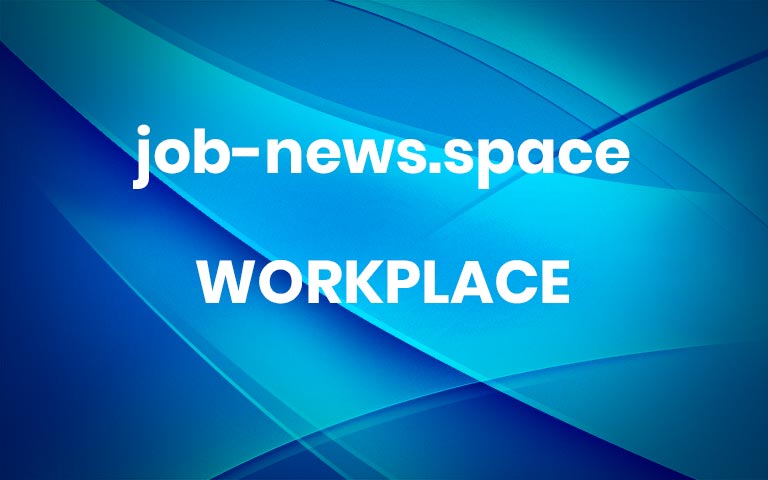DEIB in 2024: No Longer Important in Tech Hiring?
One step forward, two steps back: the consequences of deprioritizing DEIB initiatives
It’s common knowledge these days that companies that prioritize DEIB initiatives are more successful. Diversity, equity, inclusion, and belonging (DEIB) foster innovation, drive company growth, and entice the best talent. Yet, as companies reduce budgets in response to hiring market shifts, DEIB initiatives become ‘nice-to-haves’ as opposed to ‘must-haves.’
In an interview with a Forbes contributor, Abi Williams, founder of Lead Not Lag, encourages accountability to drive DEIB forward. She says, “There are consequences for not hitting revenue numbers or for not shipping products in time, so why not for teams or leaders that aren’t driving inclusion efforts? Accountability and the prioritization of DEIB need to happen both top-down as well as bottom-up.”
Often, DEIB is mistaken as a short-term initiative or even a trend. Instead, it should be infused with long-term strategy during both the good years and the tough ones. Cultivating DEIB takes commitment and consistency. Without that, we risk progress in team diversity and lose the benefits that come with it.
Hired predicts deprioritizing DEIB positions and goals reduces progress in tech team diversity.
First, Indeed reported a growth of DEIB job postings of 56.3% from September 2019 – 2020. LinkedIn reported 168.9% growth in Chief Diversity & Inclusion Officer positions from 2019 – 2020.
Then, 1 in 3 DEIB professionals lost their roles in 2022, according to a study by Revelio Labs.
“Mass layoffs of DEI professionals and less investment have meant that DEIB initiatives have seen significant rollbacks in the last two years,” says Hired CEO Josh Brenner. “With public policymakers scrutinizing DEIB programs more closely, organizations that were nominally committed will prioritize it even less in 2024.
Those who continue to foster safe spaces for open dialogues, be transparent and accountable to DEIB initiatives, and encourage inclusive representation will be best positioned to benefit from a stronger talent pool and increased innovation (McKinsey 2020).”
Unfortunately. 20% of tech employers surveyed told Hired they plan to deprioritize or discard ‘Diversity Hiring Rate’ as a recruiting metric in 2024. On the plus side, 27% said it was one of their top hiring KPIs in 2024.
Hired’s survey also revealed that 31% of tech employers do not have a person or team dedicated to DEIB. However, 65% predicted they would a year later.
Why DEIB? It’s important to jobseekers and employees
It’s not just corporate and social responsibility. When defining “diverse” in terms of education, background, race, gender, experience, etc. the majority of surveyed tech workers, 63%, said working on a diverse team was a top priority to them.
Ready to invest in achieving DEIB goals? Download our eBook, 10 Things You Can Do to Reach DEI Goals, for actionable steps.
Want more women in tech?
We frequently hear from employers, partners, and the industry at large that we need more women in tech roles. But according to a 2023 CIO article, half of the women who enter the tech field leave by age 35.
Besides competitive compensation and benefits, the three most important things to surveyed female tech workers are:
1) the option to work remotely,
2) work-life balance,
3) career growth and advancement
Because women prefer remote work and flexible scheduling, as do many other tech workers belonging to underrepresented groups, the more employers insist or pull back on remote roles, the harder it will be to recruit, retain, develop, and promote them into leaders.
Related: Want to Hire More Women? Focus on Performance Feedback
Renewing focus and committing to DEIB
When planning how to attract more talent from underrepresented groups, our partner Workable cautions organizations from relying too heavily on a singular strategy, such as inclusive employer branding, diversity-centric recruiting events, or incentivized employee referral programs.
According to Workable’s Senior Content Strategy Manager Keith MacKenzie, “Diversifying one’s employee base is a broad strategy that can’t be solved with one or even more than all of the above. There are numerous variables in attracting more ‘underrepresented talent’ – for instance, what aspects of underrepresentation is a company hoping to address?
Going into 2024, companies will increasingly recognize DEIB as four distinct elements of an overall strategy. As the overall concept of DEIB matures, the strategy of attracting underrepresented talent will increasingly be addressed differently through each of those four lenses.”
Getting buy-in from stakeholders
To illustrate the importance of DEIB initiatives in your strategy to stakeholders, Abi Williams recommends emphasizing the common goal. “A positive and engaging work environment, happy customers, and excellent revenue numbers. Investors want ROI on their investments. And ultimately, really investing in your DEIB goals is going to get you to all of these goals.”
How are tech employers planning to find underrepresented talent in 2024?
Overall, surveyed employers indicated their top five tactics include:
Inclusive employer branding (46%)
Diversity-centric recruiting events (44%)
Employee referral program with incentives (42%)
Internship and mentorship programs (37%)
Collaboration with diverse communities and networking groups (37%)
When broken down by the number of employees, smaller companies (1-299 employees) are prioritizing inclusive employer branding while larger companies (300+ employees) favor diversity-centric recruiting events.
Only eSMBs (less than 100 employees) broke from the pack to include flexible work policies and diversity-focused job portals in their top five (tied with some of the other tactics).
Hired helps companies of all sizes with recruiting events including virtual candidate events and coding challenge campaigns as part of our employer branding solutions. More





